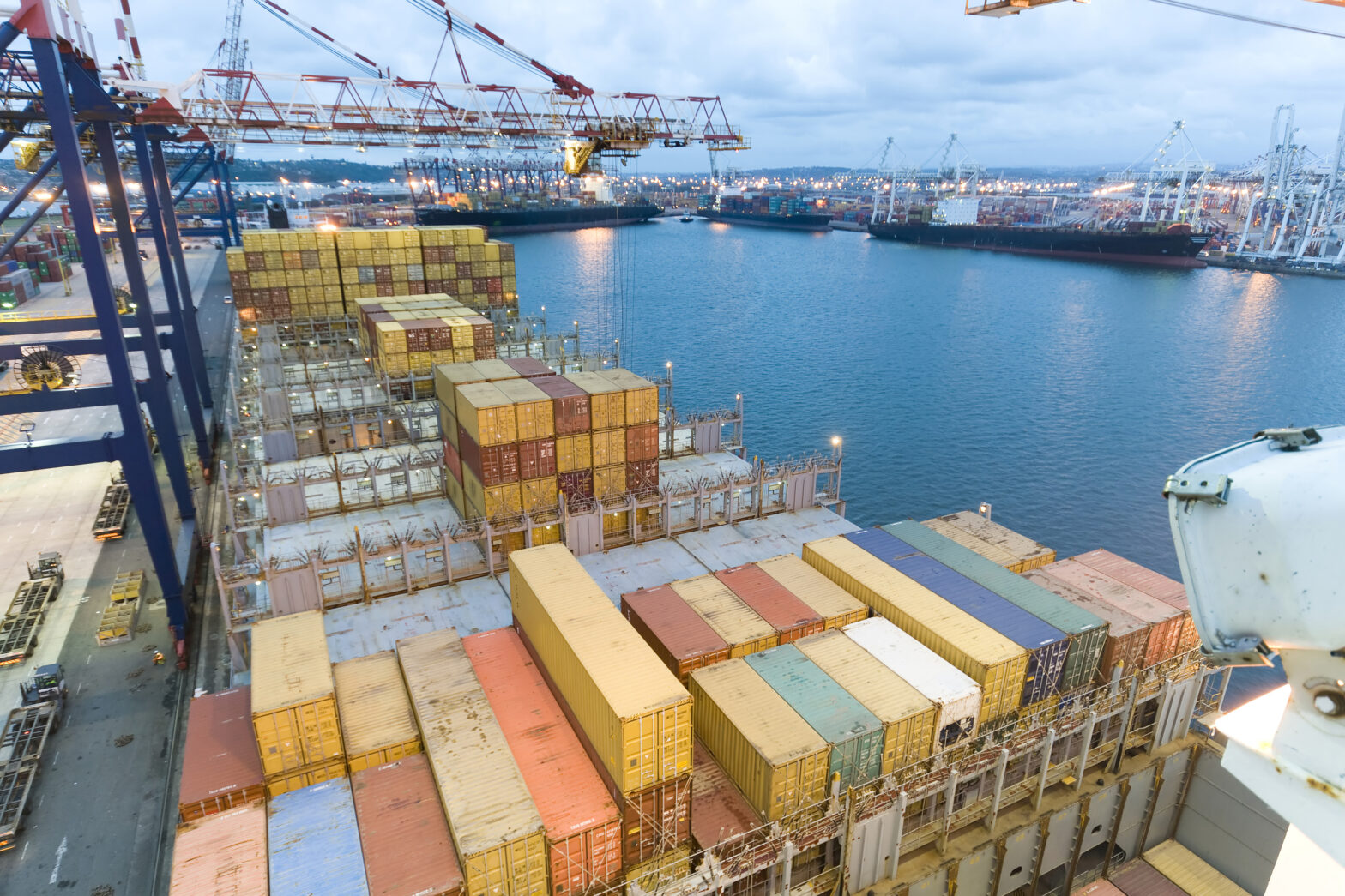According to research from DHL Express, 24% of UK SME exporters who already export or plan to in the future state they have stopped selling to some EU markets, with 6% of British businesses stating they have stopped selling to EU-markets altogether.
The research looked at the challenges facing small businesses in all sectors across the UK and paints a nuanced picture. When asked if they thought they’d export more or less over the next year compared to the previous 12 months, SME exporters were completely divided, as 25% forecast an increase while 28% anticipate a decrease.
Since 1 January 2021 a number of exporting incentives, such as the SME Brexit Support Fund, have been on offer from the government. The research found that, while 30% of exporters surveyed believed these support measures were helpful, a significant 24% were not aware of their existence, indicating some small and medium sized businesses may be missing out on important trading opportunities.
Lack of consumer awareness of the additional Customs charges is reported as a concern, with nearly half of exporters stating it was a challenge. However, despite this, only 28% of businesses have proactively alerted customers to the potential customs, VAT charges and shipping costs.
Commenting on the research, Ian Wilson, CEO UK&I at DHL Express, said: “One of the main challenges for small businesses is the level of trading complexity, as the EU is not one single entity so each country within it has its own set of regulations and restrictions. For businesses exporting to multiple markets in the EU, that’s a lot to deal with.”
“As businesses get to grips with what they need to provide to successfully export to their key markets, we are seeing customers’ sales begin to operate more smoothly. More businesses are incorporating Customs duties and VAT at checkout, which prevents issues with consumers facing unexpected charges. Equally, businesses are becoming more confident in managing the paperwork and providing the information required to ease the Customs process.”
Top Five Tips for SME Exporters
- Consider including duties, taxes and shipping costs within the price of goods if you’re selling online. Your customers will value having clarity on the price they’re paying, and this helps avoid unexpected charges which can damage your relationship. Remember to show the full breakdown of the total price on your commercial invoice.
- For both B2B and B2C it’s really important to be as transparent as possible with customers. Make it clear at the point of purchase where duties and taxes are payable, and if they’re not already included in the transaction.
- Help things move as quickly as possible by sending all Customs information electronically, and by using your shipping company’s online tools and paperless trade services to do this.
- Make sure you are clear and accurate on all goods descriptions and paperwork. Customs will stop goods if a generic description like ‘clothes’ is used, but being as detailed as possible will help ensure your customers receive their orders without unnecessary delays.
- Make sure you provide contact details for the recipients, especially if they will need to pay duties and VAT. Customs officials often have to contact the recipient to release the goods, or for additional information, so providing details when sending will minimise delays.





